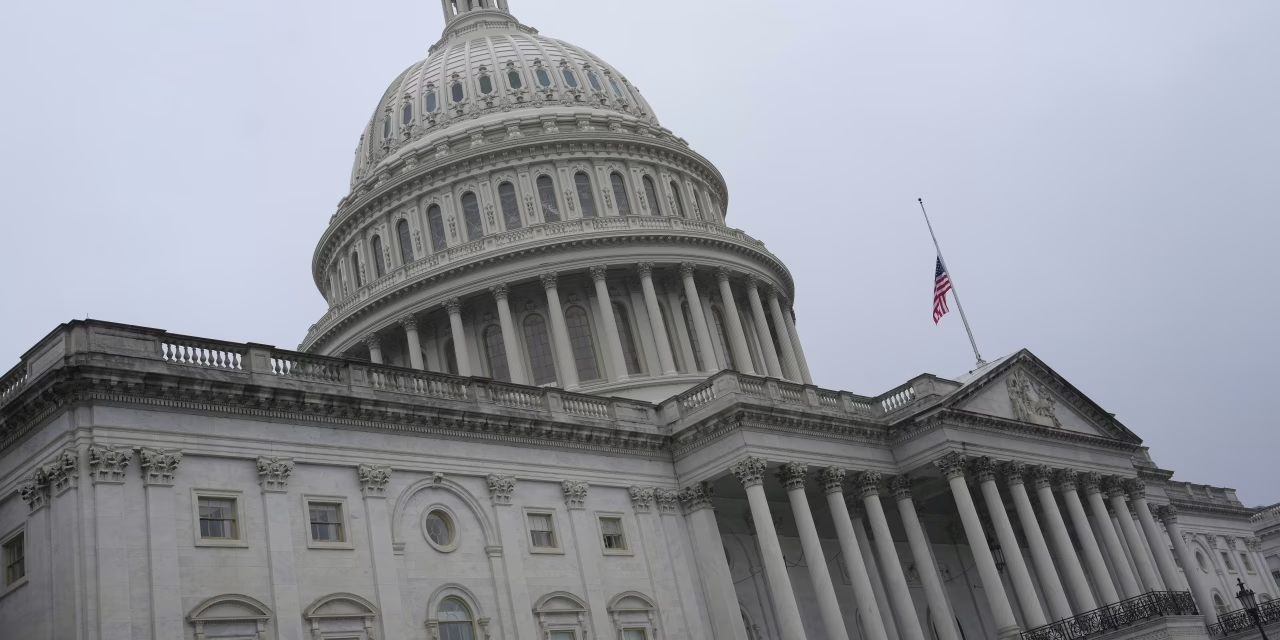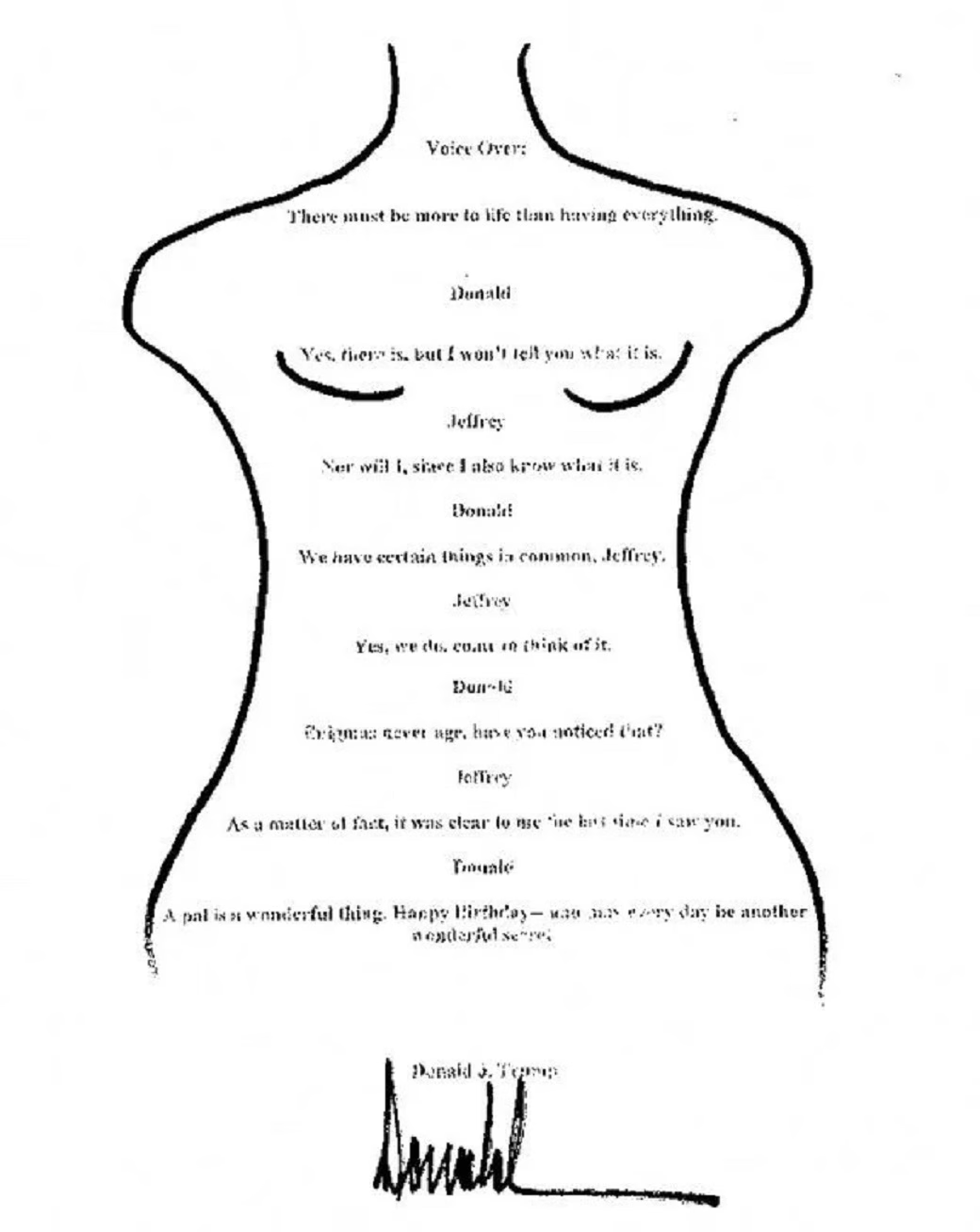By Tony Bruce | Tuesday, September 02, 2025 | 8 min read
If you want to take the temperature of American politics right now, you don’t need a pollster or a political scientist. Just look at the raw frustration spilling out at local town halls. Ordinary voters—people who usually keep their heads down, pay their taxes, and maybe tune in a few months before an election—are suddenly standing up, voicing anger, and calling out leaders who thought they could glide into 2026 without answering tough questions. That alone should terrify Republicans. And yet, instead of listening, GOP leadership is advising members of Congress to avoid their own constituents.
Don’t take the questions, don’t face the frustration, don’t risk the soundbites. But what does it say when the party in power hides from the very people it’s supposed to represent? It says fear. It says weakness. And it’s the kind of weakness voters punish at the ballot box.
The problem for GOP runs deeper than a few town hall blowups. They’re shackled to Donald Trump whether they like it or not. For candidates in swing districts, this is a nightmare scenario. On one hand, their survival depends on securing Trump’s blessing in the primaries. Without it, their campaigns stall before they even begin. On the other hand, clinging to Trump in a general election is political quicksand. The country has been through the chaos, the insults, the investigations, the indictments, the endless stream of lies. Voters are exhausted, and exhaustion is deadly in politics. When voters are tired of you, they don’t just leave—they revolt.
But here’s the catch: escaping Trump’s orbit is almost impossible. To even suggest independence risks a MAGA backlash, a nasty nickname, a Truth Social rant that ricochets through conservative media and poisons the well with the base. So, Republicans running in tight House races face a brutal paradox. They need to differentiate themselves from Trump to win over moderates, independents, and disillusioned suburban voters. Yet to get to the general election, they need to bow to him. It’s the political equivalent of trying to row in two directions at once.
The only way out is courage—something in short supply these days. Individual candidates will have to stand up and say, clearly, “I am not Trump. I don’t want to be Trump. And here’s my vision for American families.” That kind of stark contrast is risky, sure, but it’s also the only path to survival. If enough Republicans are willing to make that break, we could finally see the emergence of a post-Trump GOP—a party that doesn’t live and die by the whims of one man. But let’s be real: the vast majority will cling to Trump until the bitter end, and that bitter end may arrive in 2026.
And then there’s the absurd spectacle of Trump floating the idea of a third term, as if the Constitution is just another contract he can tear up when it no longer suits him. Maybe he got the idea from Putin, maybe it just popped into his head one night while rage-posting. Either way, Americans aren’t laughing. They see it for what it is: a power grab, a dictator’s daydream dressed up as bravado. Voters don’t want a wannabe strongman musing about ruling for life.
They want leadership that actually addresses the skyrocketing cost of groceries, rent, and basic necessities. They want solutions, not fantasies of endless power. And if Trump and the GOP can’t—or won’t—get serious, the 2026 midterms will become the outlet for that anger. Voters will deliver a blunt message: we don’t appreciate the job you’re doing, and it’s time for you to move out of the way.
And this is where Democrats come in. For years, GOP have been masters of defining their opponents. They’ve branded Democrats as socialists, elitists, woke extremists—you name it. Democrats, meanwhile, have often fumbled in response, tripping over their own messaging or splintering into endless internal debates. That can’t happen in 2026. This is the moment to define the GOP for what it is right now: chaotic, unstable, undemocratic, and obsessed with a disgraced president with ties to pedophile like Jeffrey Epstein. Voters are already starting to put the pieces together.
They’ve watched institutions bend, norms shatter, and allies in government bend the knee to one man’s ego. There’s a creeping sense of insecurity about what a Trump comeback could mean for the country. Democrats need to hammer that home every single day, with discipline, with clarity, and with no apologies.
Even in places like Texas, where Trump has leaned on the governor to gerrymander maps and carve out five extra GOP seats, the math may not add up the way he hopes. Sure, gerrymandering can distort representation and give a party artificial advantages. But even the best gerrymander can’t contain a tidal wave of voter anger. At some point, people push back. They look at politicians handpicking their voters instead of voters picking their leaders, and they say, “Enough.” And that’s the mood spreading through the country. Enough with the dirty tricks. Enough with the power games. Enough with leaders who act as if democracy is theirs to manipulate.
The 2026 midterms won’t just be about the economy or foreign policy. They’re shaping up as a referendum on American democracy itself. And Republicans, still chained to Donald Trump’s grievances and increasingly reliant on gerrymandered maps, may find themselves on the wrong side of that vote. Voters know when their voice is being stolen—and the backlash is building.
Across the map—from Pennsylvania to Florida—Democrats have been punching above their weight in special elections, snagging morale-boosting victories after a stretch of rough years.
That momentum just landed in Iowa. In Sioux City, Caitlyn Dre toppled a Republican in a district Trump had carried by double digits. Her 10-point margin didn’t just flip a seat—it shattered the GOP’s supermajority in the state Senate and marked Democrats’ second pickup in Iowa this year. For a party hungry for good news, it felt like a bolt of electricity.
Dre insists her success wasn’t complicated: authenticity mattered more than polished talking points. “Voters can smell baloney,” she said. Her campaign focused on mobilizing reliable Democrats, fueled by grassroots volunteers, and built momentum through neighbor-to-neighbor conversations.
National Democrats quickly framed the win as a rebuke of Trump. But Dre pointed to something closer to home: an unpopular governor and GOP policies that felt out of step with families in her district. By keeping the race about local frustrations, she turned a red seat blue.
The lesson is clear. Big speeches in Washington don’t flip statehouses—door knocks do. Kitchen-table conversations do. Volunteers willing to spend evenings walking their neighborhoods do. If Democrats want to compete in 2026, they’ll need more candidates like Dre, grounded in their communities and focused on listening rather than lecturing.
Iowa isn’t suddenly a Democratic stronghold. But Dre’s win shows that even in Trump country, voters are willing to reward authenticity and punish overreach. If Democrats are serious about defending democracy, they now have a roadmap. The question is whether they’ll follow it.
GOP have painted themselves into a corner, and they know it. For years, they’ve allowed one man’s shadow to define the direction of their party, and now they’re stuck paying the price. The cruel twist is that the very things they believed would shield them—Trump’s base, his blessing, his campaign machinery—are the same forces dragging them under. The broader electorate has already moved on, and trying to cling to the past is a losing hand.
What Democrats need to recognize is that opportunity doesn’t just exist in purple suburbs or swing districts, à la Howard Dean’s 50-State Strategy. There’s a growing appetite for change even in deep-red areas, and plenty of Republicans are quietly open to giving a fresh face a chance if it means breaking free from the chaos.
That’s why Democrats should be putting real candidates on the ground everywhere, even in gerrymandered districts that once looked untouchable. The warning signs are clear: voters are restless, and when that energy finally boils over, even the most carefully carved political maps won’t save the GOP.
So yes, the GOP is headed for a bloodbath in 2026. Gerrymander the maps, dodge the voters, hug Trump as tightly as you want—it won’t matter. Americans are tired, frustrated, and done being played for fools. They’re ready for leaders who put country before cults, democracy before ego, and people before power grabs. And when that mood collides with the ballot box, no amount of cheating, scheming, or map-rigging will be enough to save the GOP from the reckoning it has earned.
Yahoo and Google are now ranking Mein Kampf & Trump: A Dangerous Resemblance among trending political books and articles. What’s fueling the attention? Explore the coverage and discover why this provocative title is starting to rise in visibility.
- Yahoo Ranking: https://bit.ly/4lmhSCz
- Google Ranking: https://bit.ly/44LFppG
- Fedlan News: https://yhoo.it/41yDqUO
More From FeDlan News:
10 Shocking Ways Donald Trump and His Administration Damaged America
Trump’s Cabinet Grovels in Marathon Meeting Like Courtiers Before a Crazy King
Fact Check: Explosive Rumor Claim Donald Trump Has Alzheimer’s Disease. Here’s What the Facts Says
Mass Resignations Cripple CDC as Trump Administration Clash Over Science and Public Health
Blanche’s Defense and Maxwell’s Testimony in Epstein Case Provide Little Clarity for Trump
Copyright 2025 FN, NewsRoom






